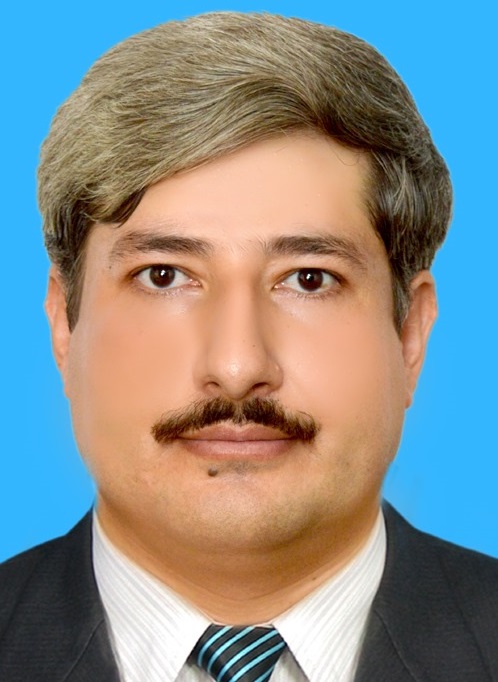Asif Khan Turk
It is learned that some vice chancellors (VCs) of government universities in Khyber Pakhtunkhwa are trying to secure extensions by using influence and other ‘means’. However, it is pertinent to note that the performance of nearly 90 percent of VCs in the province is deeply disappointing. In fact, many of them have severely damaged the academic and financial stability of their institutions, as university employees continue to protest almost every month for their salaries and pensions.
The growing trend of VCs seeking extensions through non-transparent methods has raised widespread concern across the academic circles. This development is particularly troubling, given the poor performance of most university heads. Their repeated failure to manage core responsibilities – such as ensuring timely salary and pension disbursement – raises serious questions about their leadership and accountability.
How can it be considered a wise decision to grant extensions to individuals who cannot even fulfill the basic duties of their role? It is also important to highlight that similar extensions have been granted in recent years, not on merit, but through personal connections and influence.
It may be mentioned here that an extension was granted to Prof Dr Zia-ul-Haq, the current VC of Khyber Medical University (KMU), by former Governor and Chancellor Ghulam Ali – even though ample time remained in his ongoing tenure. Likewise, Prof Dr Jehan Bakht of the Agriculture University Peshawar also received an extension.
These few cases are glaring examples of a flawed system. This culture of favoritism and nepotism must be dismantled, if we genuinely wish to see progress in the higher education sector of the province.
The academic community and people of Khyber Pakhtunkhwa have long been calling for a meaningful change. They demand a system that promotes merit and competence, not one that rewards influence and connections. At present, universities across the province are struggling to provide even basic facilities and services to their students and employees – a situation that is simply unacceptable.
It is, therefore, imperative that the Khyber Pakhtunkhwa government, particularly the Higher Education Department (HED), should take a bold and decisive action. The time has come to bring in new leadership – individuals who are genuinely passionate about education and research, and who are committed to academic excellence. The current VCs have had their opportunity. Now, others must be given the chance to prove their capabilities and progress the universities.
Well, it is not just about replacing the individuals, but it is about transforming the entire higher education system. So, we need visionary vice chancellors who can inspire and motivate their teams, develop innovative solutions to complex challenges, and foster strong ties with stakeholders while contributing to the socio-economic development of the province.
In short, the extension of VCs in public sector universities is a serious issue that demands immediate attention from policymakers. The HED must take a firm stand against favoritism and work to build a transparent and merit-based higher education system in Khyber Pakhtunkhwa.
The writer is the Chief Editor of Sunrise Today. He can be reached at: asif1015@yahoo.com. He tweets on X at: @TheAsifKhanTurk.
Related Posts






Comments